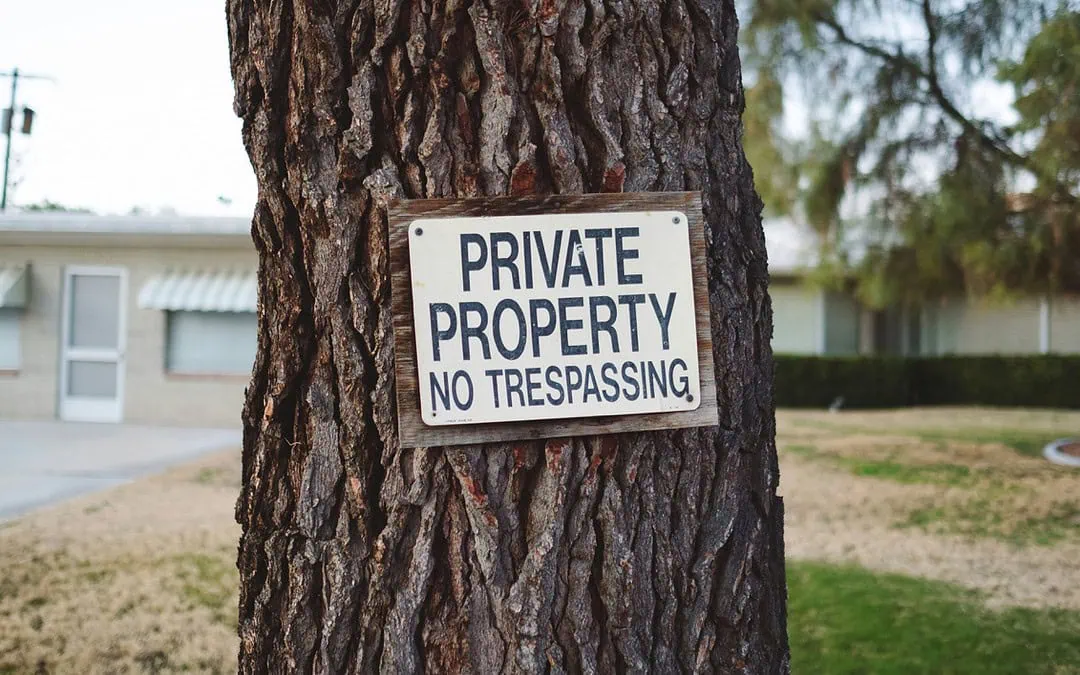In a move lauded by property owners across Florida, Governor Ron DeSantis recently signed into law HB 621, a critical piece of legislation aimed at staunching the rising tide of squatting incidents within the state. As Governor DeSantis declared, the law signals the end of “squatters scams,” firmly siding with property rights and delivering a robust mechanism for homeowners to combat unauthorized occupancy.
In an announcement, DeSantis says, “We are putting an end to the squatters scam in Florida. While other states are siding with the squatters, we are protecting property owners and punishing criminals looking to game the system.”
Understanding HB 621: What It Does
HB 621 outlines a straightforward process enabling property owners to take swift action against squatters:
- Immediate Law Enforcement Intervention: Property owners can now request prompt removal of squatters by law enforcement if the squatter unlawfully enters and remains on the property, has been directed to leave by the owner but refuses, and is not entangled in any legal dispute as a tenant.
- Increased Penalties for Squatters: The legislation escalates the repercussions for squatting, categorizing the use of false statements or falsified documents to acquire property as a first-degree misdemeanor. More severe damage to property, exceeding $1,000, escalates the offense to a second-degree felony, while unlawfully advertising or selling property one does not own is a first-degree felony.
What does HB 621 mean for Landlords and Build-to-Rent Owners?
The new law is particularly significant for landlords and build-to-rent property owners, who are poised to reap substantial benefits:
- Rapid Recovery of Property: The ability to reclaim property quickly is invaluable, preventing the often lengthy and costly legal battles previously necessary. This expedited process ensures minimal loss of rental income and less disruption to property management operations.
- Deterrence of Property Misuse: With steeper penalties, the law acts as a strong deterrent against squatting. This is crucial for maintaining the integrity and value of rental properties, which can be targets for such schemes.
- Enhanced Security and Investment Appeal: The clear legal framework and robust enforcement measures enhance the security of real estate investments in the state. This is likely to attract more investors to Florida’s build-to-rent market, known for its profitability and now, improved regulatory support.
Across the nation, stories surface of homeowners entangled in stressful confrontations with squatters. In California and New York, instances of squatters claiming residence have led to protracted legal battles, highlighting the need for more streamlined processes like those now established in Florida.
In contrast to other states where the removal of squatters can become a legal battle, Florida is setting a new standard. The prompt action encouraged by HB 621 ensures that homeowners are not left navigating a bureaucratic labyrinth, potentially losing out on rental income and bearing the costs of prolonged litigation.
By standing with law-abiding homeowners and increasing the criminal penalties for squatting, Florida sends a clear message: property rights are not to be trifled with. The state differentiates itself as a place where the rule of law upholds the sanctity of homeownership, deterring criminal and opportunistic behavior.
For build-to-rent property owners and landlords, this legislation not only bolsters legal protections but also serves as a preventative measure against the financial and operational repercussions associated with squatting.
HB 621 will go into effect on Monday, July 1 of 2024.
Florida’s HB 621 stands as a testament to the state’s commitment to protecting property rights and supporting the real estate market. For landlords and build-to-rent property owners, the new law not only promises enhanced protection but also contributes to a more stable and predictable investment environment. As Florida continues to lead with such proactive measures, the foundation is laid for continued growth and security in the real estate sector.


